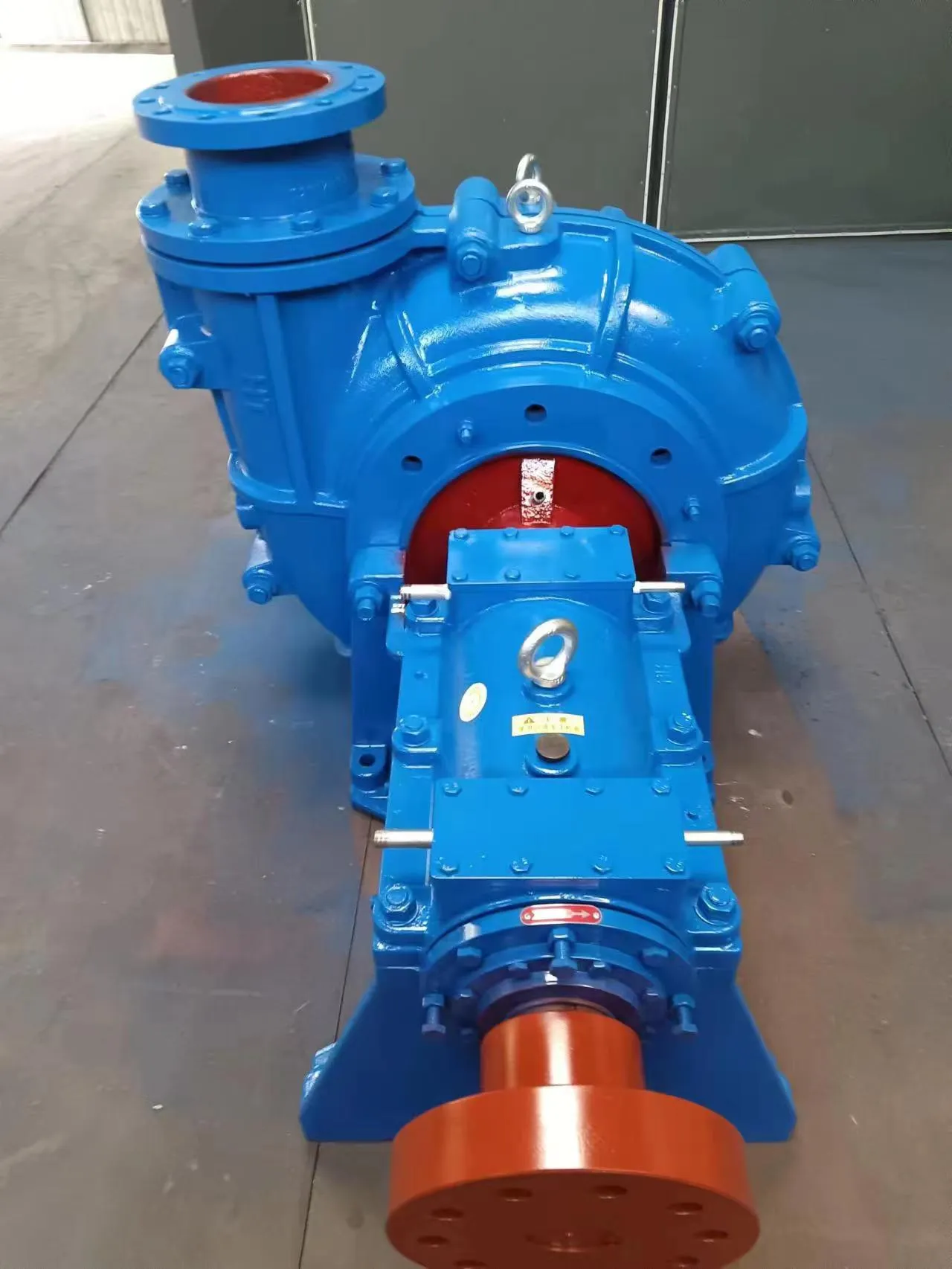English
- Afrikaans
- Albanian
- Amharic
- Arabic
- Armenian
- Azerbaijani
- Basque
- Belarusian
- Bengali
- Bosnian
- Bulgarian
- Catalan
- Cebuano
- Corsican
- Croatian
- Czech
- Danish
- Dutch
- English
- Esperanto
- Estonian
- Finnish
- French
- Frisian
- Galician
- Georgian
- German
- Greek
- Gujarati
- Haitian Creole
- hausa
- hawaiian
- Hebrew
- Hindi
- Miao
- Hungarian
- Icelandic
- igbo
- Indonesian
- irish
- Italian
- Japanese
- Javanese
- Kannada
- kazakh
- Khmer
- Rwandese
- Korean
- Kurdish
- Kyrgyz
- Lao
- Latin
- Latvian
- Lithuanian
- Luxembourgish
- Macedonian
- Malgashi
- Malay
- Malayalam
- Maltese
- Maori
- Marathi
- Mongolian
- Myanmar
- Nepali
- Norwegian
- Norwegian
- Occitan
- Pashto
- Persian
- Polish
- Portuguese
- Punjabi
- Romanian
- Russian
- Samoan
- Scottish Gaelic
- Serbian
- Sesotho
- Shona
- Sindhi
- Sinhala
- Slovak
- Slovenian
- Somali
- Spanish
- Sundanese
- Swahili
- Swedish
- Tagalog
- Tajik
- Tamil
- Tatar
- Telugu
- Thai
- Turkish
- Turkmen
- Ukrainian
- Urdu
- Uighur
- Uzbek
- Vietnamese
- Welsh
- Bantu
- Yiddish
- Yoruba
- Zulu
Telephone: +86 13120555503
Email: frank@cypump.com
Nov . 29, 2024 23:59 Back to list
Optimizing Water Pumps for Chemical Pipelines to Enhance System Efficiency and Reliability
Efficient Water Pump for Chemical Pipelines Ensuring Optimal Performance and Safety
In today's industrial landscape, water pumps play a pivotal role, especially in chemical pipelines. As industries seek to enhance productivity while minimizing environmental impact, the need for efficient water pumps has become more pronounced. The continuous flow of water, whether for cooling, transportation, or processing purposes, is vital in chemical manufacturing and processing sectors. Thus, understanding the significance of efficient water pumps in chemical pipelines is crucial for ensuring both operational efficiency and safety.
The Importance of Water Pumps in Chemical Operations
Water pumps serve as the lifeblood of chemical processes. They facilitate the movement of water and other fluids through pipelines, ensuring that processes such as cooling, diluting, or mixing can take place seamlessly. In chemical facilities, the demand for water can be substantial, and without reliable pumps, production could halt, leading to severe financial repercussions. Moreover, inefficient pumping systems can lead to increased operational costs stemming from energy wastage and reduced productivity.
Characteristics of Efficient Water Pumps
An efficient water pump is characterized by its ability to operate with minimal energy consumption while delivering optimal performance. Several factors contribute to the efficiency of water pumps in chemical pipelines
1. Pump Design and Type Various pump designs—such as centrifugal pumps, diaphragm pumps, and positive displacement pumps—serve different purposes and have unique efficiencies. Choosing the right type based on the specific application and fluid characteristics is essential.
2. Energy Efficiency Modern pumps are designed with energy efficiency in mind. Features like variable frequency drives (VFDs) allow pumps to adjust their speed according to demand, reducing energy consumption during low-load operations.
3. Material Compatibility The materials used in the pump's construction must be compatible with the chemicals being handled. Corrosive substances can easily deteriorate less suitable materials, leading to leaks and inefficiencies. Therefore, utilizing pumps made from high-grade materials can enhance longevity and reliability.
4. Maintenance and Monitoring Routine maintenance is vital for ensuring that pumps operate at peak efficiency. Implementing a predictive maintenance regime, supported by modern monitoring technologies, can help in identifying potential issues before they escalate into significant problems.
'efficient water pump for the chemical pipeline to ensure good ...'

5. Sizing and Configuration Correctly sizing pumps for their intended application is critical. Oversized or undersized pumps can lead to inefficiencies and increased wear. Conducting a detailed analysis of the pipeline system helps in selecting pumps that match the required flow rates and pressures.
Safety Considerations
In chemical processing, safety cannot be compromised. The use of efficient water pumps significantly contributes to improved safety standards in several ways
- Reduced Risk of Failures Efficient pumps that are well-maintained are less likely to experience mechanical failures. This reduces the risk of spills or hazardous leaks that could pose threats to personnel and the environment.
- Consistent Operation By ensuring a steady flow of fluids, these pumps help maintain stable temperatures and pressures, crucial for many chemical reactions. Fluctuations can lead to dangerous situations, including explosions or chemical reactions spiraling out of control.
- Environmental Compliance Efficient water pumps contribute to lower energy consumption, which can help companies meet regulatory requirements for emissions and waste management, thereby reducing their environmental footprint.
Conclusion
The role of efficient water pumps in chemical pipelines cannot be overstated. They are critical for ensuring seamless operations, maintaining safety standards, and supporting environmental sustainability. As technologies continue to advance, the development of smarter, more efficient pumping systems will play a key role in shaping the future of industrial processes.
Investing in high-quality, energy-efficient water pumps is not merely an operational decision; it is a strategic move towards enhancing productivity while promoting safety and environmental responsibility. In a world increasingly leaning towards sustainable practices, the chemical industry must prioritize the optimization of their water pumping systems to remain competitive and responsible.
-
ISG Series Vertical Pipeline Pump - Chi Yuan Pumps Co., LTD.|High Efficiency, Energy Saving, Low Noise
NewsJul.30,2025
-
ISG Series Vertical Pipeline Pump- Chi Yuan Pumps|High Efficiency&Low Noise
NewsJul.30,2025
-
ISG Series Vertical Pipeline Pump-Chi Yuan Pumps Co., LTD.|High Efficiency&Energy Conservation
NewsJul.30,2025
-
ISG Series Vertical Pipeline Pump - Chi Yuan Pumps Co., LTD.|Advanced Hydraulic Design&Energy-Efficient Solutions
NewsJul.30,2025
-
ISG Series Vertical Pipeline Pump - Chi Yuan Pumps Co., LTD.
NewsJul.30,2025
-
ISG Series Vertical Pipeline Pump - Chi Yuan Pumps Co., LTD.|energy-efficient fluid handling&industrial durability
NewsJul.30,2025










